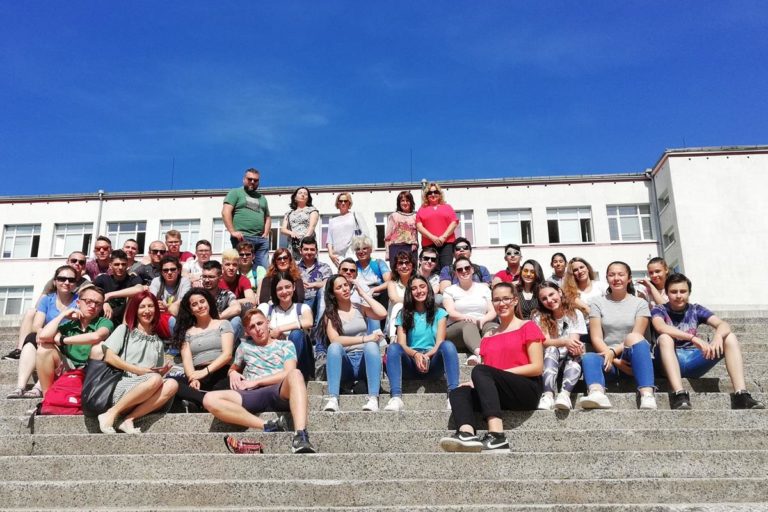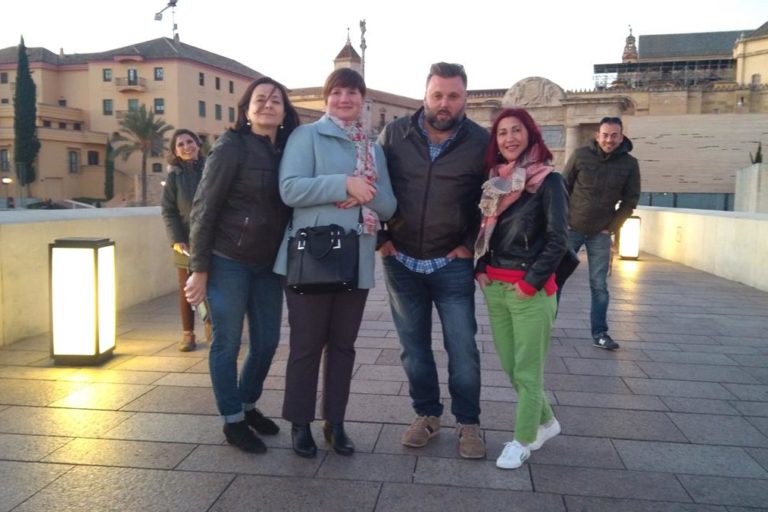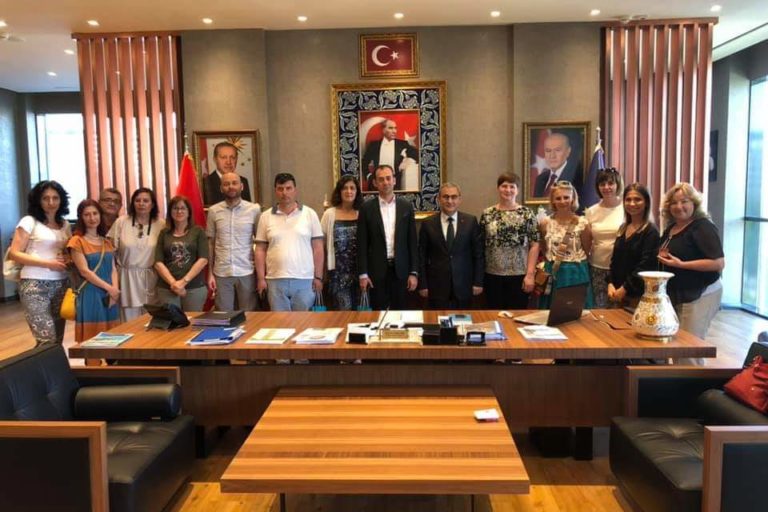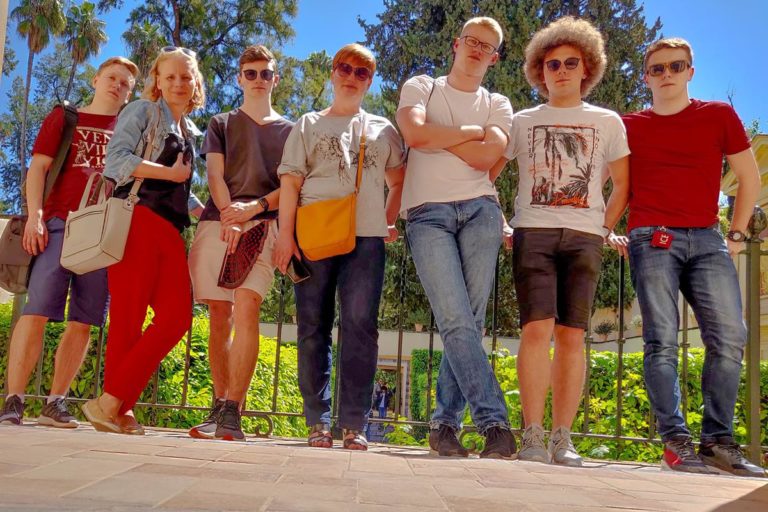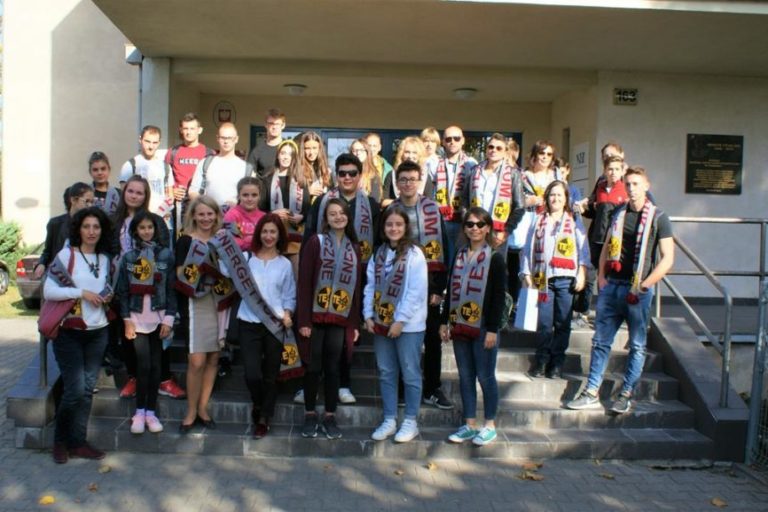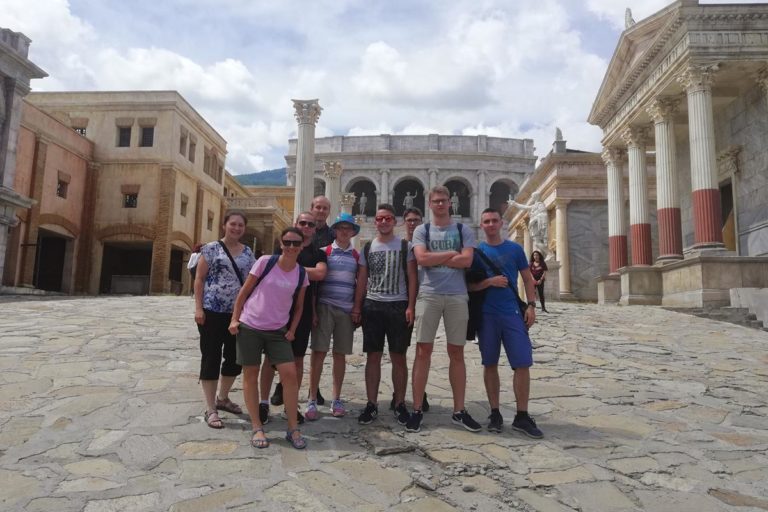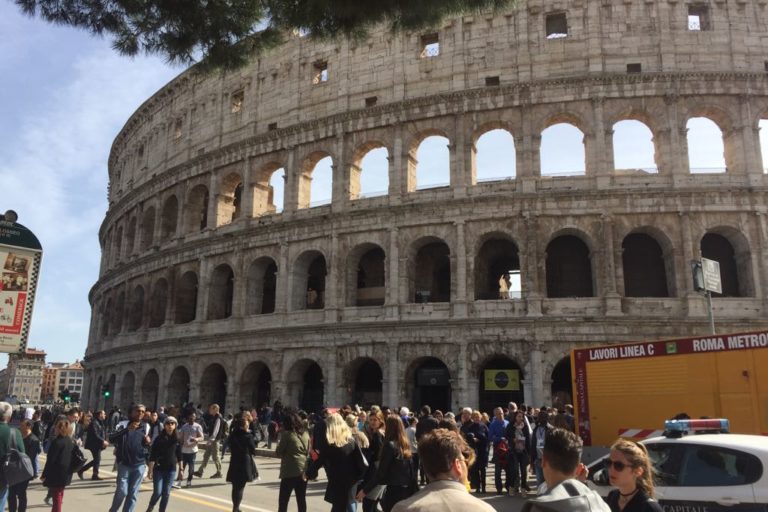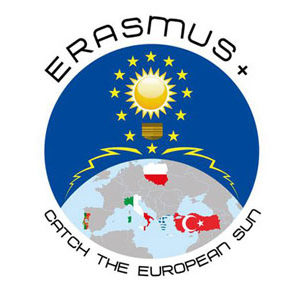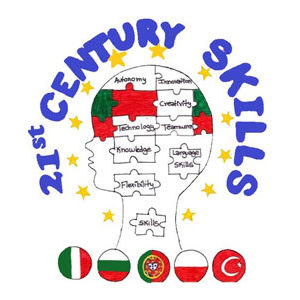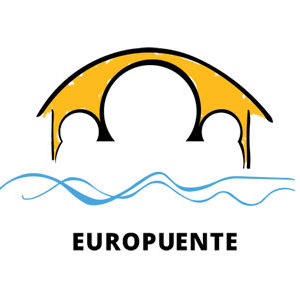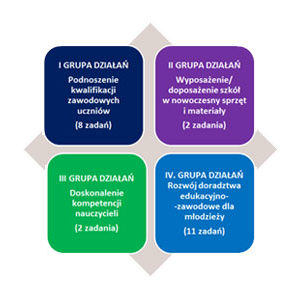The Energy Technical School has been implementing the Erasmus + Action 2 project: Strategic Partnerships – School Cooperation since September 2017. Our school has received funding from the EU funds of the Foundation for the Development of the Education System for the implementation of an international project
„Sharing European Values by National Films” – „Wartości europejskie w filmach narodowych”.
Our partners are students and their guardians from the following schools:
-
OU ”Nikola Yonkov Vaptsarov”, Berkovitsa in Bułgaria
-
Instituto Educacion Secundaria La Soledad, Villafranca De Cordoba w Hiszpanii
-
Kutahya Ozel Doga Anadolu Lisesi, Kutahya w Turkey
-
I.I.S.S.Pertini, Campobasso in Italy


Project activities and time frame
- International project meetings – working meetings for project coordination and implementation – December 2017 in Spain. This is when our coordinators determine when, where and what specific actions we will take during mobility meetings with our peers from partner schools. In May 2019, the coordinators in Turkey will summarize the project.
- International learning, teaching and training activities – mobility activities, ie trips to partner schools, the aim of which is to increase our competences in the scope of the project and contribute to the achievement of the project objectives.
- Dates of international meetings:
Italy – March 2018,
Bulgaria – May / June 2018,
Poland – October 2018,
Spain – May 2019.
General informations
General tasks are presented on the official website of the project.
The Erasmus + program was designed to support the participating countries in the effective use of the potential of social capital and promoting the idea of lifelong learning. Erasmus + is also a response to the needs of modern Europe and the challenges it faces. The most important of them are presented below.
- The youth unemployment rate in the entire European Union is around 20%, and in some Member States even over 50%, which is why fighting it has become one of the most urgent tasks of European governments. Erasmus + aims to help overcome this crisis by strengthening and improving education and training systems and by enabling citizens to acquire the skills employers require today.
- The Erasmus + program is designed to support the efforts of participating countries to make effective use of the potential of Europe’s human skills and social capital, while reaffirming the principle of lifelong learning by linking support to formal, non-formal and informal learning in the fields of education, training and sports. The program also enhances cooperation and mobility opportunities for Partner Countries, notably in the field of higher education and youth.
- Erasmus + helps promote systemic reforms in participating countries as agreed at European Union level. In this regard, it is also necessary to provide youth organizations and youth workers with training and cooperation opportunities to give youth work a European dimension.
General goals of the project
- strengthening students’ sense of European solidarity,
- learning about the cultures of partner countries in the context of European values,
- enabling project participants, i.e. students and teachers, to experience the multilingualism and multiculturalism of partner countries,
- increasing interest in other countries,
- increasing the sensitivity of young people to cultural differences and looking for similarities,
- rooting tolerance towards people from other cultures,
- improving the social development of students,
- improving the ability to communicate in English as the communication language of the project,
- discovering students’ potential in the field of foreign languages, general knowledge and digital competences,
- activating students by engaging in school and social life,
- stimulating creative thinking and creativity,
- developing the skills of critical thinking, synthesis, problem solving based on own experience,
- increasing the autonomy of students, the ability to cooperate and organize work,
- developing teamwork skills and sharing responsibilities,
- enriching school life,
- students acquire the ability to act together and design these activities,
- improving the quality of school work,
- disseminating the developed materials as one of the main assumptions of the project and, as a result, increasing the prestige of the school in the local community.
View individual activities



